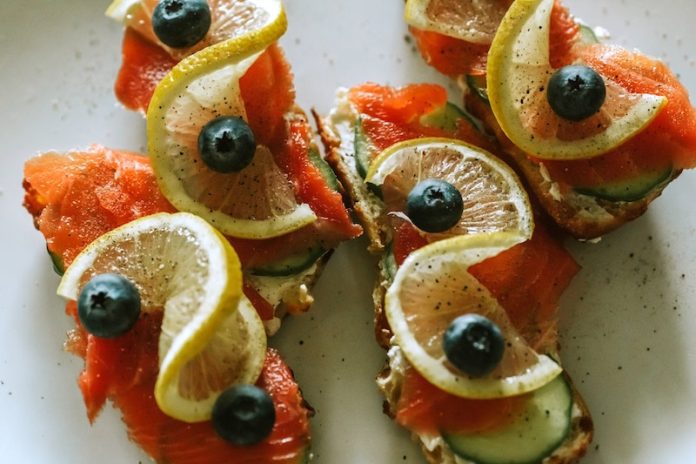
What’s the Concern?
The European Food Safety Agency (EFSA) has sounded the alarm on nitrosamines, a group of chemicals that might cause cancer.
These chemicals are not added on purpose to foods, but they can show up in the process of making certain items.
The EFSA study found nitrosamines in foods like processed meats, smoked fish, beer, and even cocoa. According to the agency, meat is the biggest culprit in our diets for these harmful chemicals.
How Bad Is It?
Nitrosamines are considered both carcinogenic (cancer-causing) and genotoxic (able to damage DNA). These were the findings from animal studies that focused on liver tumors in rodents.
However, it’s worth noting that the study used a “worst-case scenario” to measure the risks. This means they assumed that all nitrosamines in food could cause cancer, which might not be the actual case.
Still, the EFSA believes that the levels of these chemicals in food are a health concern for people of all ages across Europe.
What Can We Do?
While more research is needed to get a full picture, the agency suggests that people can lower their risk by eating a balanced diet with a variety of foods.
This means not overdoing it on items like processed meats, smoked fish, or alcoholic drinks.
For food makers, the recommendation is to look for ways to cut down on the formation of nitrosamines during food preparation and processing.
In the past, nitrosamines like N-nitrosodimethylamine (NDMA) have been linked to cancer in animals and are known to contaminate the environment.
Another type, N-nitrosodimethylamine (NDBA), has even led to recalls of some blood pressure medicines.
Bottom Line
The EFSA’s findings are a wake-up call on the importance of food safety. While we wait for more research and possible new rules from the government, it’s wise to be mindful of what we eat.
Consumers should aim for a varied diet to reduce their exposure to these potentially dangerous chemicals.
Follow us on Twitter for more articles about this topic.
Copyright © 2023 Scientific Diet. All rights reserved.








